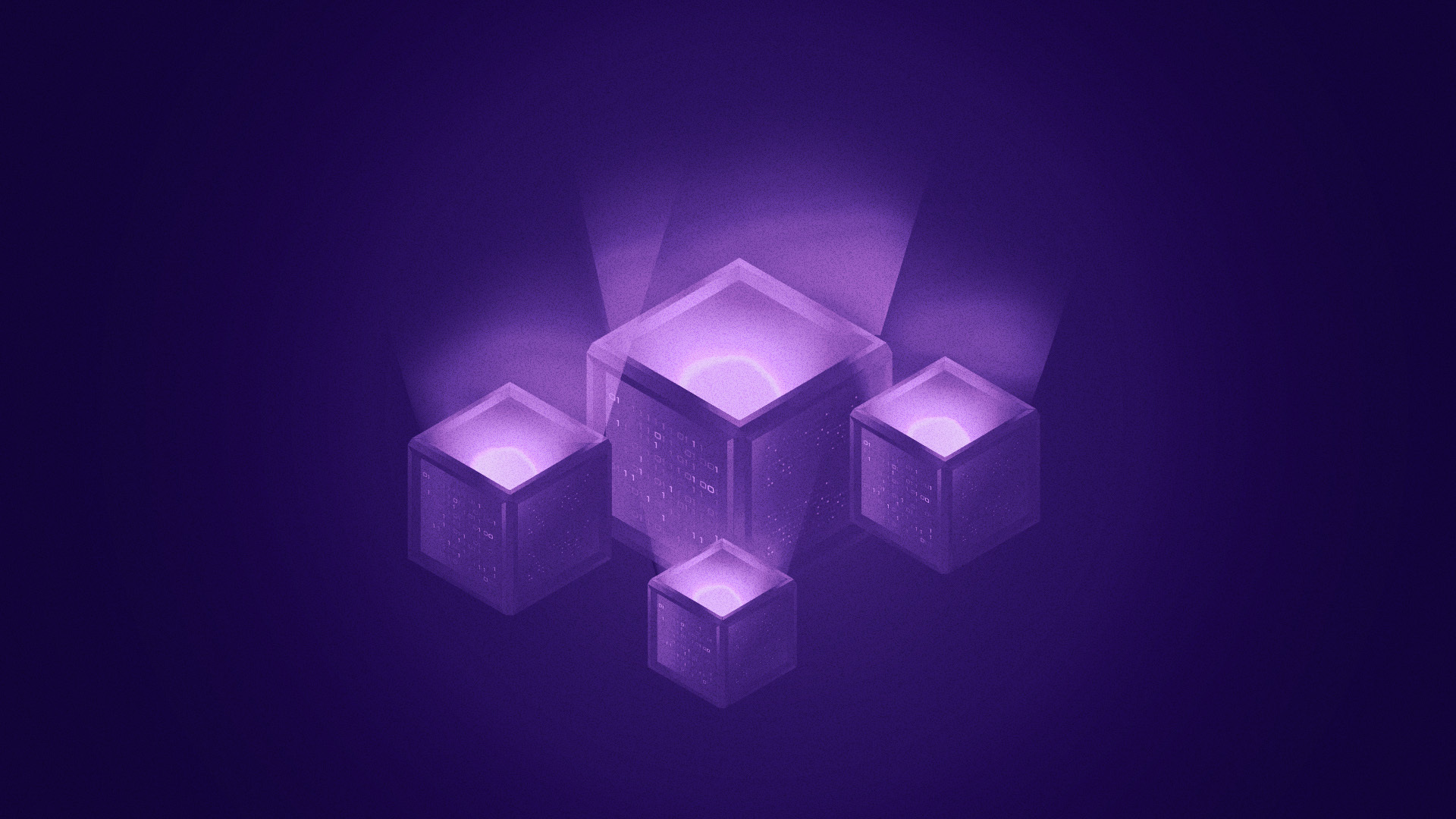Smart contracts are revolutionizing the way we think about agreements and transactions in the digital age. These self-executing contracts, with the terms of the agreement directly written into code, automatically execute and enforce themselves when predefined conditions are met. Originating from the visionary ideas of Nick Szabo in the 1990s, smart contracts have become a cornerstone of modern blockchain technology, particularly on platforms like Ethereum.
By eliminating the need for intermediaries, smart contracts offer a more efficient, transparent, and secure way to handle transactions and agreements. They are transforming industries ranging from finance and real estate to supply chain management and beyond, making them an essential concept for anyone interested in the future of technology and business.
The Technology Behind Smart Contracts
Smart contracts are powered by a combination of blockchain technology, consensus algorithms, and decentralized networks. Here’s a breakdown of these key components:
Blockchain Technology
At the core of smart contracts is blockchain technology, a decentralized ledger that records transactions across multiple computers. This ensures that the data is immutable and transparent. Each block in the blockchain contains a list of transactions, and once a block is added to the chain, it cannot be altered. This immutability is crucial for the integrity of smart contracts, as it ensures that the terms of the contract cannot be tampered with once they are set.
Consensus Algorithms
To maintain the integrity and security of the blockchain, consensus algorithms are used. These algorithms enable all the nodes (computers) in the network to agree on the state of the blockchain. Some common consensus algorithms include:
- Proof of Work (PoW): Nodes compete to solve complex mathematical problems, and the first to solve it gets to add the next block to the blockchain. This method is secure but energy-intensive.
- Proof of Stake (PoS): Nodes are chosen to add the next block based on the number of coins they hold and are willing to “stake” as collateral. This method is more energy-efficient than PoW.
Contract Execution in Decentralized Networks
Smart contracts are executed within decentralized networks. When the predefined conditions of a smart contract are met, the contract automatically executes the agreed-upon actions. This could involve transferring funds, registering assets, or any other predefined task. The decentralized nature of the network ensures that no single entity has control over the execution, enhancing security and trust.
Benefits of Using Smart Contracts
Smart contracts offer numerous advantages that make them a powerful tool in various industries. Here are some key benefits of using smart contracts in business:
Trust and Transparency
Smart contracts operate on a decentralized blockchain, which means all parties have access to the same information. This transparency fosters trust among participants, as the terms of the contract and the execution process are visible and verifiable by all.
Contract Security
The decentralized and immutable nature of blockchain technology makes smart contracts highly secure. Once a contract is recorded on the blockchain, it cannot be altered, reducing the risk of fraud and unauthorized changes.
Common Uses of Smart Contracts
Smart contracts are self-executing contracts with the terms of the agreement directly written into code. They operate on blockchain technology, ensuring transparency, security, and contract automation. Here are some examples of smart contract applications across various sectors:
- Automated Payments and Settlements: Smart contracts can automate payments and settlements in financial transactions, reducing the need for intermediaries and speeding up processes.
- Insurance Claims Processing: Insurance companies use smart contracts to automate claims processing. When a claim meets predefined conditions, the smart contract automatically validates and executes the payout.
Challenges Facing Smart Contract Adoption
While promising, smart contracts face several challenges that can impact their effectiveness. Here are some key issues:
- Transaction Speed and Costs: As the number of transactions on a blockchain increases, the network can become congested, leading to slower transaction speeds and higher fees. This scalability issue can hinder the widespread use of smart contracts, especially in high-volume applications.
- Resource Intensity: Executing smart contracts requires significant computational resources, which can be a bottleneck for scalability. This is particularly problematic for complex contracts that require more processing power.
The Future of Smart Contracts
Smart contracts are poised to revolutionize various industries with ongoing advancements and innovations. Here are some future trends in smart contract technology and potential new applications:
- Artificial Intelligence Integration: Combining AI with smart contracts could lead to more dynamic contracts that adapt to changing conditions and make autonomous decisions based on external data. This integration will enhance the functionality and responsiveness of smart contracts.
- User-Friendly Design: Efforts to make smart contract platforms more accessible to non-technical users could dramatically increase their adoption. Simplified interfaces and tools will allow a broader audience to leverage smart contracts without needing deep technical knowledge.
How to Create Your First Smart Contract
Creating and deploying a smart contract can seem daunting, but with the right tools and steps, it becomes manageable. Here’s a basic guide:
Step 1: Familiarize Yourself with Blockchain Technology
Before diving into smart contracts, it’s essential to understand the basics of blockchain technology. This includes concepts like decentralized networks, consensus mechanisms, and the role of nodes.
Step 2: Learn a Smart Contract Programming Language
The most popular language for writing smart contracts is Solidity, which is used on the Ethereum contracts blockchain. Other languages include Vyper (also for Ethereum) and Rust (for Solana).
Step 3: Test Your Smart Contract
Compile the Contract: Use Remix IDE to compile your Solidity code. This will check for any errors and generate the necessary bytecode.
Step 4: Interact with Your Smart Contract
Once deployed, you can interact with your smart contract through Remix or other tools like Etherscan for viewing transactions and contract details.
Build on Chiliz Chain
You can execute smart contracts and become part of the future of sports fan engagement on Chiliz Chain.
Chiliz Chain welcomes innovative developers, brands and entrepreneurs to leverage our network and experience, and fully realize the potential of Web3 sports.
If you want to learn more about building on Chiliz Chain, check out the website here. You can also take a free course on RiseIn and become a Chiliz Chain master.











